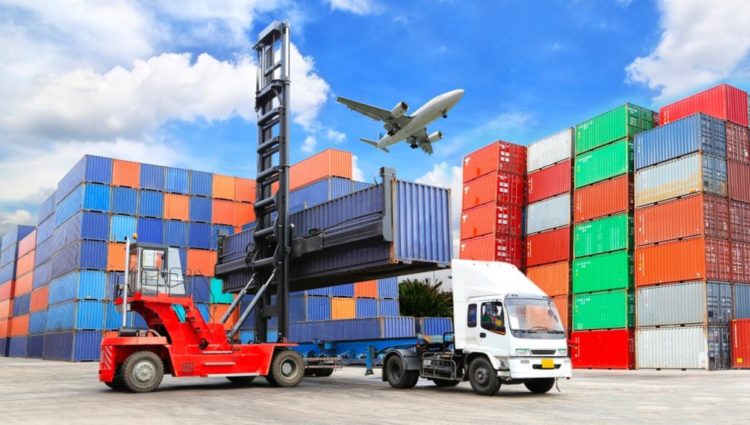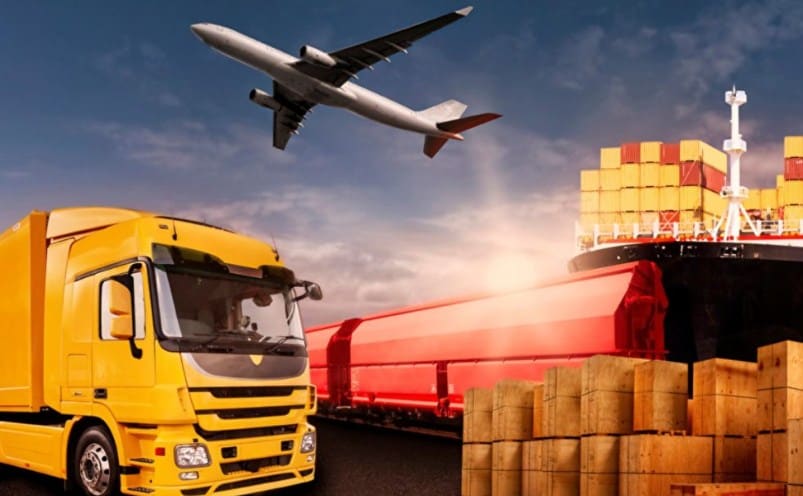
Indonesia, an expansive archipelago comprising over 17,000 islands, is a nation where cargo expeditions play a pivotal role in connecting its diverse regions. With its vast and varied geography, the transportation of goods across Indonesia requires a highly efficient and reliable logistical framework. Cargo expeditions are the lifeline that bridges urban centers, remote islands, and international markets, ensuring that businesses thrive and essential goods reach every corner of the nation. From agricultural products to industrial machinery, the cargo sector in Indonesia is instrumental in driving economic growth and supporting the livelihoods of millions.
The complexity of cargo expeditions in Indonesia is amplified by its unique geography. Spanning over 5,000 kilometers from east to west, the country’s islands are separated by seas, rivers, and mountains, presenting logistical challenges that require innovative solutions. Sea freight is a dominant mode of transportation, with ports such as Tanjung Priok in Jakarta and Tanjung Perak in Surabaya serving as major hubs for domestic and international shipments. In addition to maritime routes, air freight has gained prominence in recent years, offering faster delivery options for time-sensitive goods. This multi-modal approach ensures that goods are transported efficiently across the archipelago, despite its geographic constraints.
The cargo expedition industry in Indonesia is undergoing rapid modernization to meet the demands of a growing economy. Technological advancements, such as real-time tracking systems and automated logistics management, have revolutionized the way goods are transported. Companies are leveraging digital platforms to provide end-to-end visibility and streamline operations, allowing businesses and customers to track their shipments with ease. Additionally, the rise of e-commerce has fueled demand for faster and more flexible delivery services, prompting logistics providers to expand their networks and optimize last-mile delivery solutions. This digital transformation has made cargo expeditions more efficient, transparent, and customer-focused.

Government initiatives also play a significant role in shaping the ekspedisi cargo muat in Indonesia. Programs like the “Sea Toll Road” aim to reduce logistics costs and improve connectivity between major islands and remote regions. By enhancing port infrastructure and subsidizing shipping routes, the government seeks to address disparities in regional development and promote economic integration. These efforts are particularly beneficial for smaller islands and rural areas, where access to goods and services is often limited. By bridging these gaps, cargo expeditions contribute to reducing inequality and fostering inclusive growth across the country.
Environmental sustainability is becoming an increasingly important consideration in Indonesia’s cargo expedition industry. As the sector grows, so does its impact on the environment, particularly through emissions from ships, trucks, and planes. Companies are beginning to adopt green logistics practices, such as optimizing delivery routes, utilizing energy-efficient vehicles, and exploring the use of alternative fuels. Additionally, initiatives to reduce packaging waste and promote sustainable supply chains are gaining traction. These efforts not only align with global environmental goals but also enhance the reputation of Indonesia’s logistics sector as it competes in the international market.
In conclusion, cargo expeditions are the backbone of Indonesia’s economy, facilitating the movement of goods across its vast and diverse archipelago. Despite geographical challenges, the industry continues to innovate and adapt, driven by advancements in technology, government support, and a growing emphasis on sustainability. As Indonesia’s economy evolves and integrates further into the global market, the role of cargo expeditions will only become more significant. With continued investment in infrastructure, modernization, and eco-friendly practices, the sector is poised to meet the demands of the future, ensuring that Indonesia remains well-connected and competitive on both a domestic and international scale.


